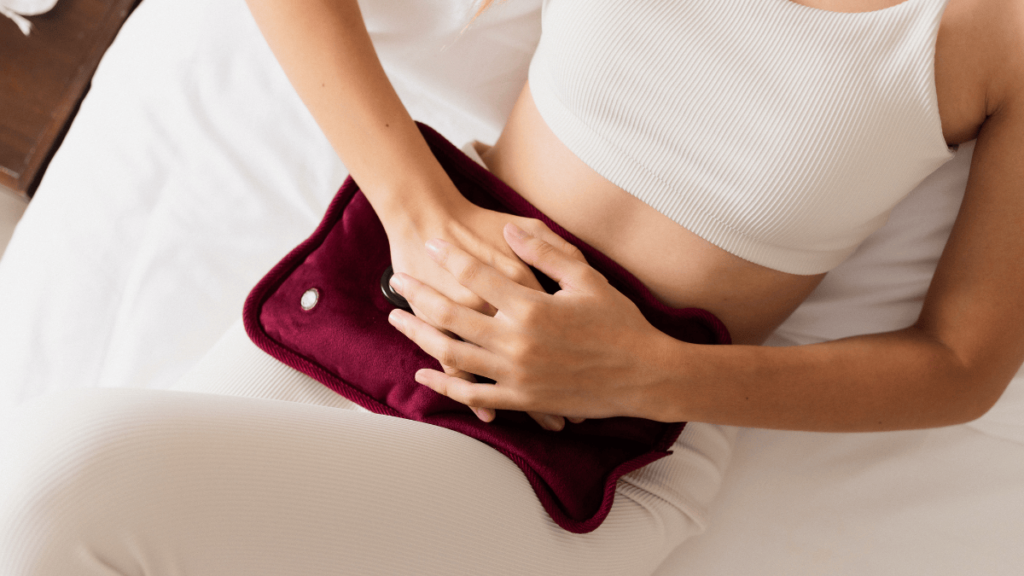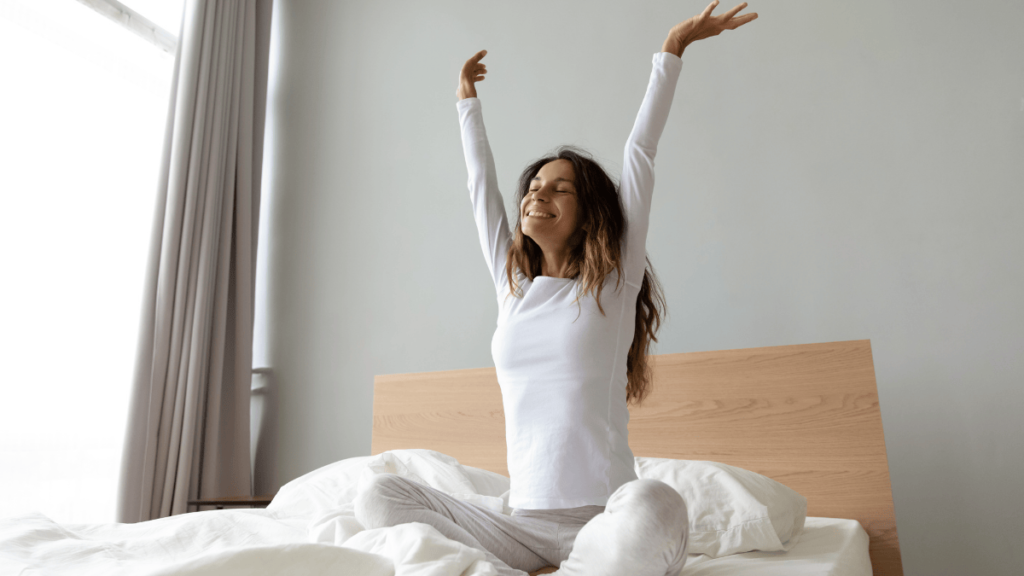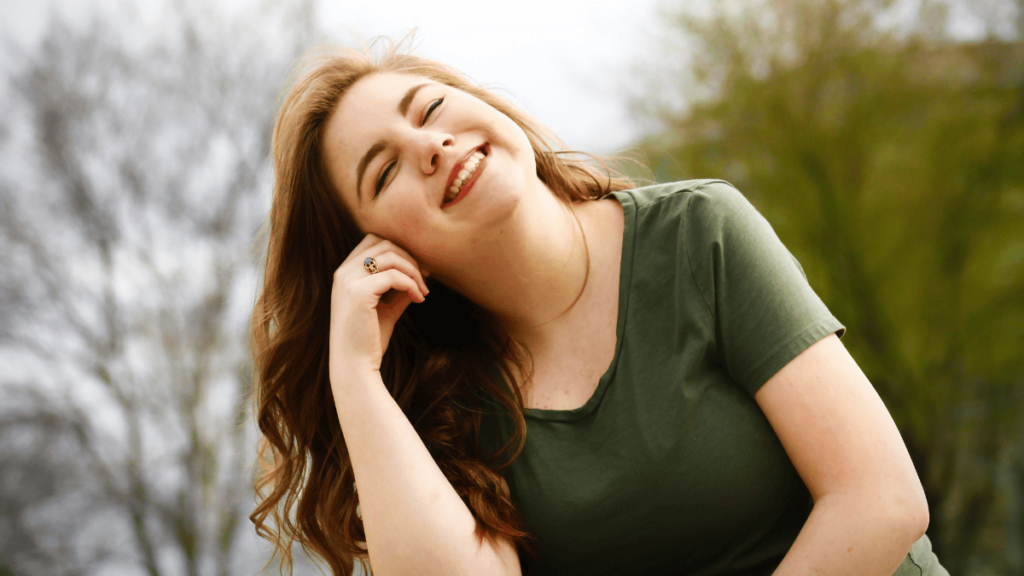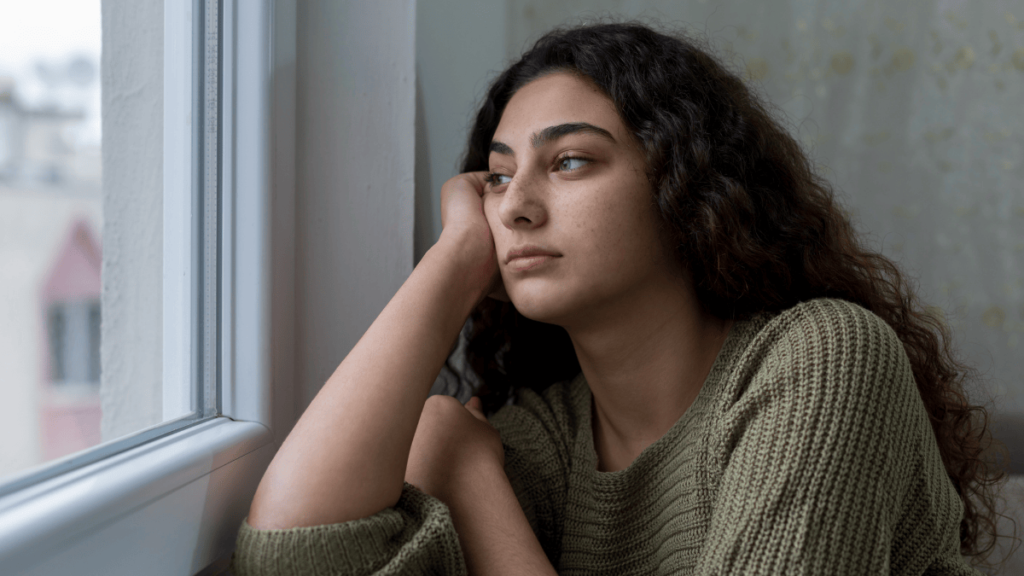Understanding Your Cycle: Different Hormonal Phases of a Woman

Did you know your hormonal cycle is classified into four main phases? That’s why some days you feel energetic and upbeat, while other days you might feel irritated or sluggish. All of those moods happen because of our hormones, so it’s all completely normal!
Understanding Your Cycle: Different Hormonal Phases of a Woman
It’s well-known that hormones affect us in many ways, including our mood. Women have both estrogen and progesterone, with progesterone also present in men. When estrogen levels rise, it can lead to feelings of sadness and irritability. On the other hand, an increase in progesterone often leads to an improved mood.
Both of these shifts can happen throughout a woman’s cycle, which explains why mood swings sometimes occur. Furthermore, this article aims to shed more light on understanding a woman’s hormonal cycle.
1. Menstrual Phase

Your cycle begins with the menstrual phase when you get your period, which lasts 2-7 days. During this time, the thickened lining of your uterus, which would have supported a pregnancy, sheds. This results in the release of a combination of blood, mucus, and tissue from the uterus.
Throughout this phase, fluctuating estrogen levels can trigger mood swings. You may also experience cramps, breast tenderness, bloating, headaches, lower back pain, fatigue, and irritability.
2. Follicular Phase

The follicular phase is the development of follicles, which are responsible for releasing the egg cells. It typically begins on the first day of your period and typically ends with ovulation, usually around 10-14 days, depending on your cycle. And yes, this phase overlaps with your menstrual cycle.
Additionally, during the follicular phase, the uterine lining starts to thicken, and the follicles in your ovaries begin to develop. One of these follicles will then mature into an egg, which will be released during the next phase, ovulation. During this, a woman may feel upbeat and energetic due to the rise of both estrogen and progesterone.
3. Ovulation Phase

The ovulation phase occurs when the ovary releases a mature egg that developed during the follicular phase. This usually happens around the 14th day of a 28-day cycle, or about two weeks before your next period, and lasts approximately 24 hours.
Once the egg is released, it travels down the fallopian tube toward the uterus, where it can be fertilized by sperm. During ovulation, some women may experience cramps, bloating, a slight rise in body temperature, changes in cervical mucus and saliva, and breast tenderness. In terms of mood, women may also feel an increase in sex drive, along with fluctuating mood swings and irritability.
4. Luteal Phase

The luteal phase begins right after ovulation and typically lasts 12-14 days. During this phase, progesterone, along with a small amount of estrogen, thickens the uterine lining in preparation for potential fertilization.
Many women may experience mood-related symptoms such as depressive episodes, anxiety, tension, difficulty sleeping, and mood swings. Physical symptoms like sore breasts, bloating, swelling, and constipation are also common. These effects are caused by hormonal changes, which impact both the body and emotions.
A typical cycle lasts about 28 days, which means it takes that long for a woman’s hormones to reset, allowing her to feel her best. Menstruation is no easy feat—women go through weeks of irritability and physical changes due to hormonal shifts, with only about a week of feeling upbeat and energetic. Yet, many women still manage to be and look their best despite this.
For those unfamiliar with this topic, let this article be your guide in understanding your cycle. Every woman’s hormonal cycle is unique, and the duration of each phase can vary. Knowing your own hormonal phases can help you give yourself some grace when experiencing these emotional changes. Remember, your emotions and physical setbacks are valid, and it’s okay to take a short break if you don’t feel like doing anything.
Annefreid often finds herself being lost in the lines of serene melodies of this world. When writing, she usually uses personal anecdotes, and she also likes to write about the things she loves. She also wanted her write-ups to be something people will look for whenever they wanted to know about something, as she's fond of aiding people through her words as a writer. Moreover, she spends her time making music and creatively writing where she can exercise her creativity.






